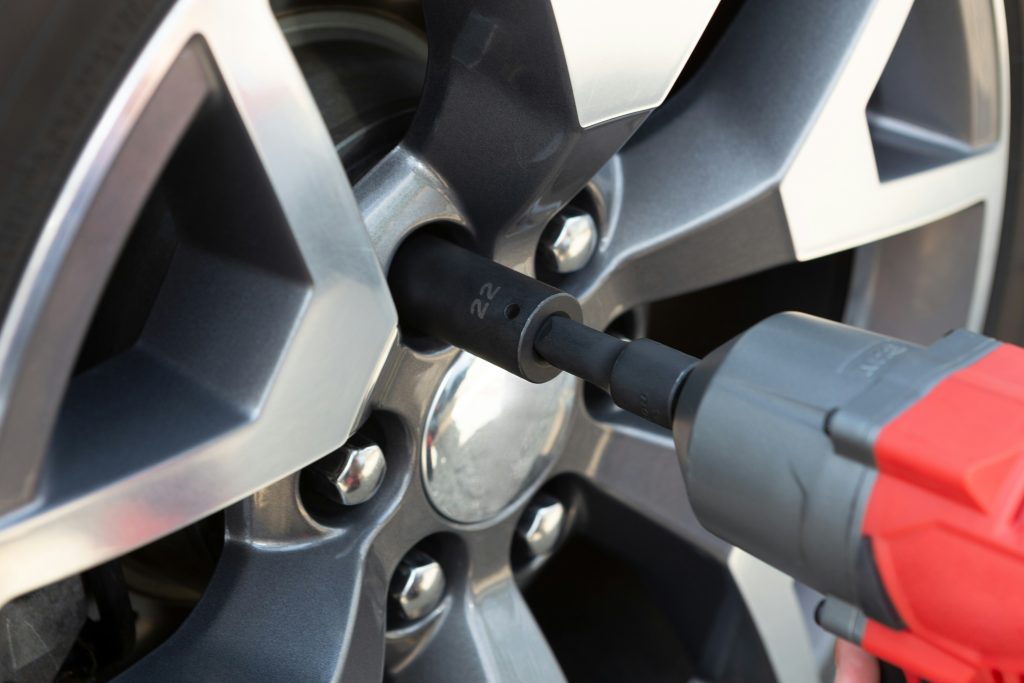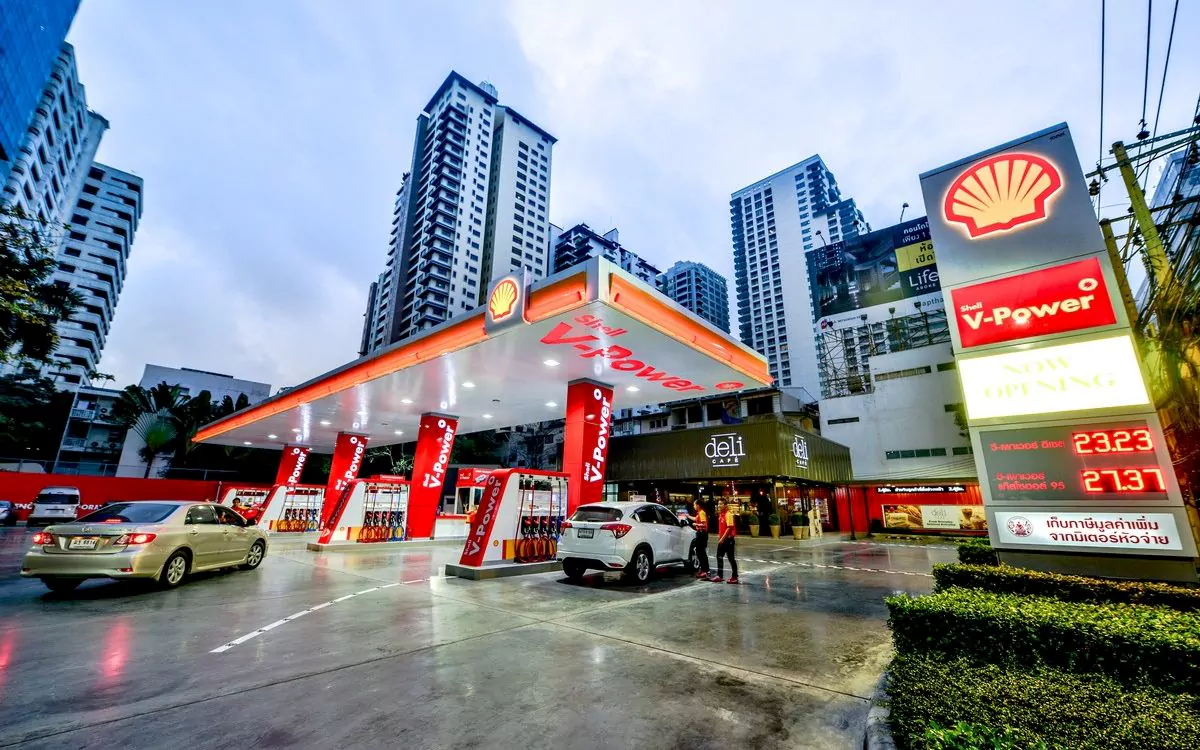
The caliber of diesel fuel used can significantly influence operational efficiency for commercial enterprises that rely heavily on transportation and logistics. High-quality diesel ensures that engines run smoothly, reduces maintenance costs, and can even extend the lifespan of vehicles. Moreover, it directly impacts a company’s bottom line and environmental footprint. Below, we delve deeper into the reasons why businesses should prioritize premium diesel fuel for their operations.
The Correlation Between Fuel Quality and Commercial Vehicle Longevity

The life expectancy of a commercial vehicle is closely linked to the quality of the diesel it burns. Inferior diesel can lead to long-term damage that compounds over time, slowly degrading vital engine parts and shortening their lifespan. This degradation necessitates more frequent replacements and overhauls, adding to the total cost of ownership.
A reliable supply of high-quality diesel keeps engines cleaner for longer periods, reducing stress on engine parts. Fewer contaminants mean fewer blockages in the fuel filter and less risk of engine malfunction, thereby preserving the longevity of the vehicle’s powerhouse.
Due to its advanced additive packages, regular use of premium diesel, such as Esso Diesel, is associated with prolonged engine life. These additives protect against wear, corrosion, and deposit formation, directly contributing to prolonged engine and fuel system life.
Vehicles that consistently operate on high-quality diesel require less downtime for repairs, which is essential for businesses where vehicle availability is directly tied to revenue generation. Minimized breakdowns mean that fleets can remain operational and productive for longer durations.
Mitigating Breakdowns and Maintenance Costs with Premium Diesel

Premium diesel fuels often include detergent additives that clean the engine’s internals, thereby mitigating the potential for breakdowns. Cleaner engines experience fewer bouts of power loss and reduced instances of unexpected repairs, allowing businesses to maintain more predictable operational schedules.
Maintenance costs can spiral when engines are continuously used with poor-quality diesel. Subpar fuel can lead to increased wear and deposit buildup, necessitating more frequent oil and filter changes and potential repairs to the fuel injectors and other components.
Additionally, many premium diesel options are formulated to include anti-foaming agents, which expedite the refueling process and reduce spillage. Time saved at the pump and reduced waste translates into tangible operational efficiencies and cost benefits.
Fleet managers who choose high-quality diesel can expect to safeguard their vehicles and optimize their return on investment. The additional upfront cost of premium diesel is often offset by the reduction in cumulative maintenance expenses over the fleet’s lifespan.
Environmental Implications of Using High-Quality Diesel in Commercial Operations

Choosing a quality diesel fuel also has significant environmental implications. Reduced emissions are a direct result of improved combustion, which decreases the overall carbon footprint of commercial operations. Clean-burning diesel produces lesser particulate matter and nitrogen oxide emissions, improving air quality.
Using low-sulfur diesel options furthers environmental benefits by lowering sulfur oxide emissions, which harm human health and the environment. Reduced sulfur content also means less acid rain and a lower contribution to smog formation.
Advancements in diesel technology have introduced bio-diesel blends, which further reduce environmental impact. These blends combine renewable resources with traditional diesel, reducing reliance on fossil fuels and promoting a move towards sustainable fuel options.
In addition to direct emission reductions, the enhanced efficiency of quality diesel fuels also translates into lower overall fuel consumption. This not only economizes resource use but also reduces the ancillary environmental impact associated with fuel production, transport, and storage.
Overall, investing in high-quality diesel fuel is crucial for commercial operations, as it enhances engine performance, reduces maintenance costs, and extends vehicle lifespan. Businesses can prioritize premium diesel to achieve greater operational efficiency and contribute to a more sustainable environment.




